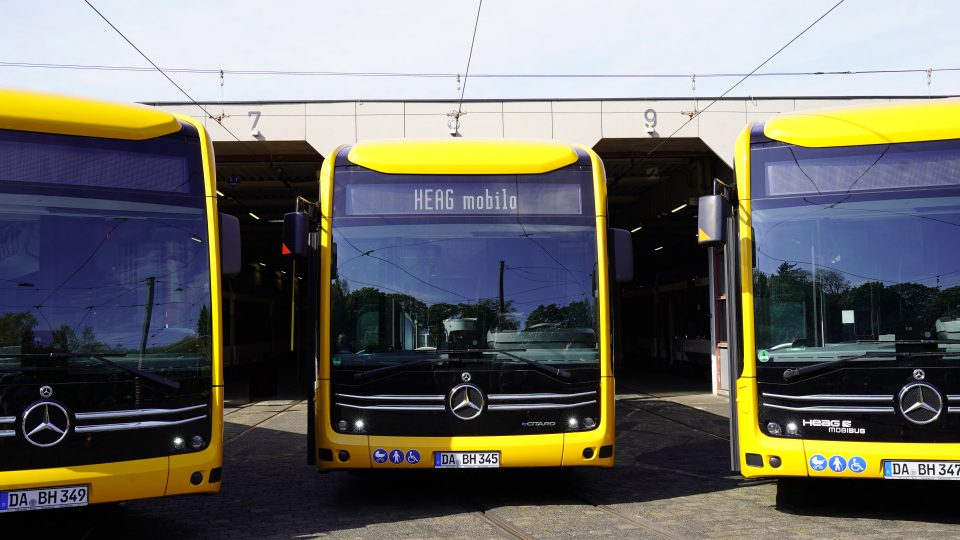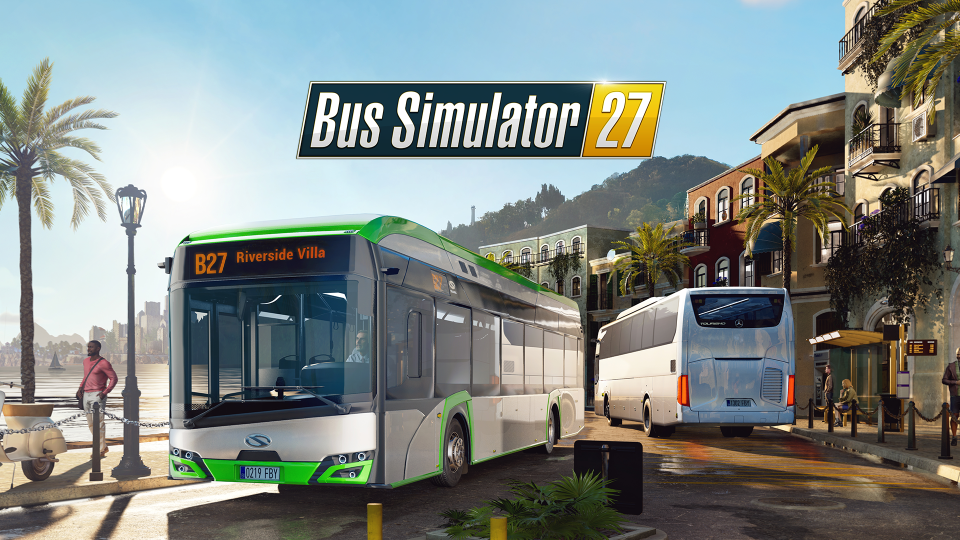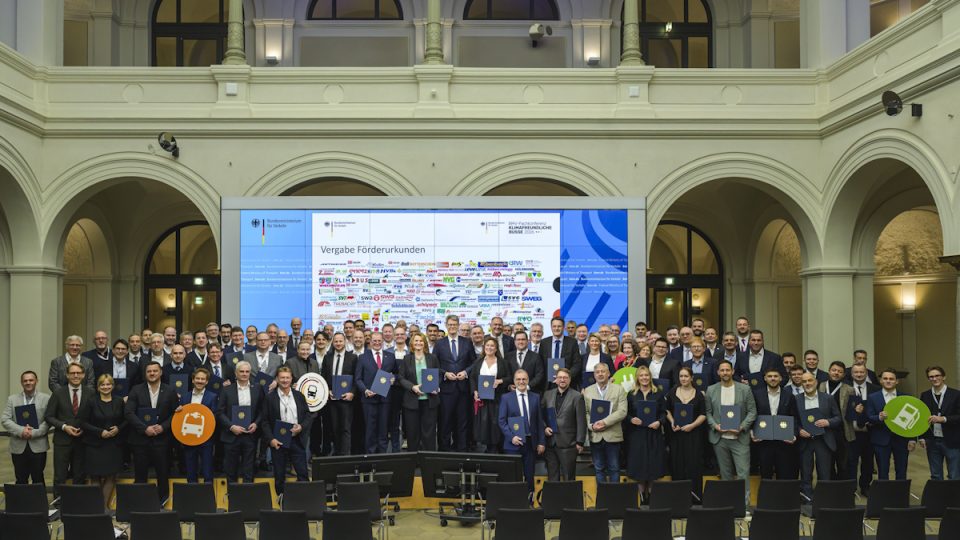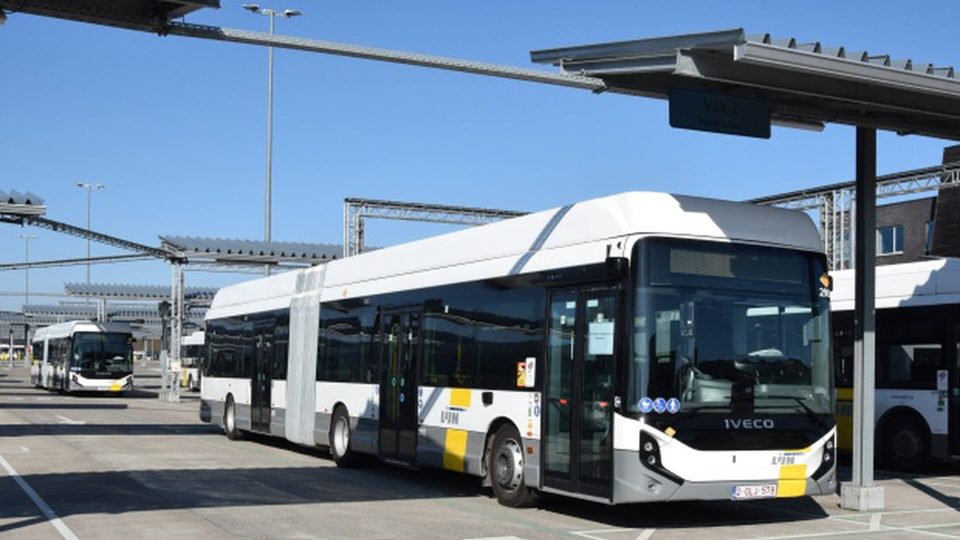Forsee Power is ready to offer also LFP battery modules
Forsee Power is launching a new LFP-based battery system. Named ZEN LFP, it has the aim to provide full-day operations to electric buses, trucks, and off-highway vehicles. The ZEN LFP battery system – available in 36 kWh and 55 kWh modules– has been developed by Forsee Power’s R&D engineers and will be manufactured in Europe, […]
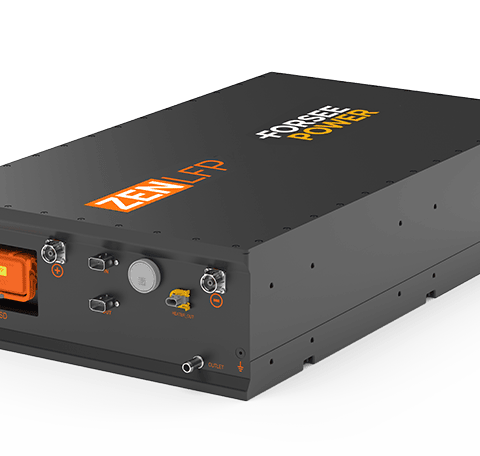
Forsee Power is launching a new LFP-based battery system. Named ZEN LFP, it has the aim to provide full-day operations to electric buses, trucks, and off-highway vehicles.
The ZEN LFP battery system – available in 36 kWh and 55 kWh modules– has been developed by Forsee Power’s R&D engineers and will be manufactured in Europe, North America, and Asia-Pacific.
The move announced by Forsee Power is another indication that something is changing in the European battery manufacturing landscape: while at the beginning of the EVs ramp up most of Western battery suppliers focused on NMC, now LFP is gaining traction. Also BorgWarner (Akasol) has recently added LFP formula to its offer. Such a trend was anticipated by BloombergNEF findings: “LFP batteries have gained significant market share in the last three years”. The consultancy expects LFP to account for around 40% of global EV sales in 2022.
Forsee Power to offer LFP battery modules
ZEN LFP is presented by the supplier as a cost-efficient, high-energy lithium-ion LFP modular product line designed for the commercial vehicles market (bus, truck, off-highway).
The new battery model offer an energy density of 240 Wh/L (the Wh/kg is not mentioned), and the ability to stack up to 2 modules – allow a multitude of integration possibilities to optimize all available space in the vehicle.
Forsee Power’s design complies with ISO 26262 ASIL-C and is compatible with numerous industry standards (including R100-3, R10.6, AIS-038 rev.2, SAE J2464 and SAE J2929). It is also compatible with the C-box LFP industry standard format for easy replacement, while being more compact, and able to provide up to 20% more power.
This new product line offers a life of up to 6,000 cycles and cost optimization related to the LFP chemistry, hence providing a very low Total Cost of Ownership (TCO) to operators, Forsee Power stresses.



